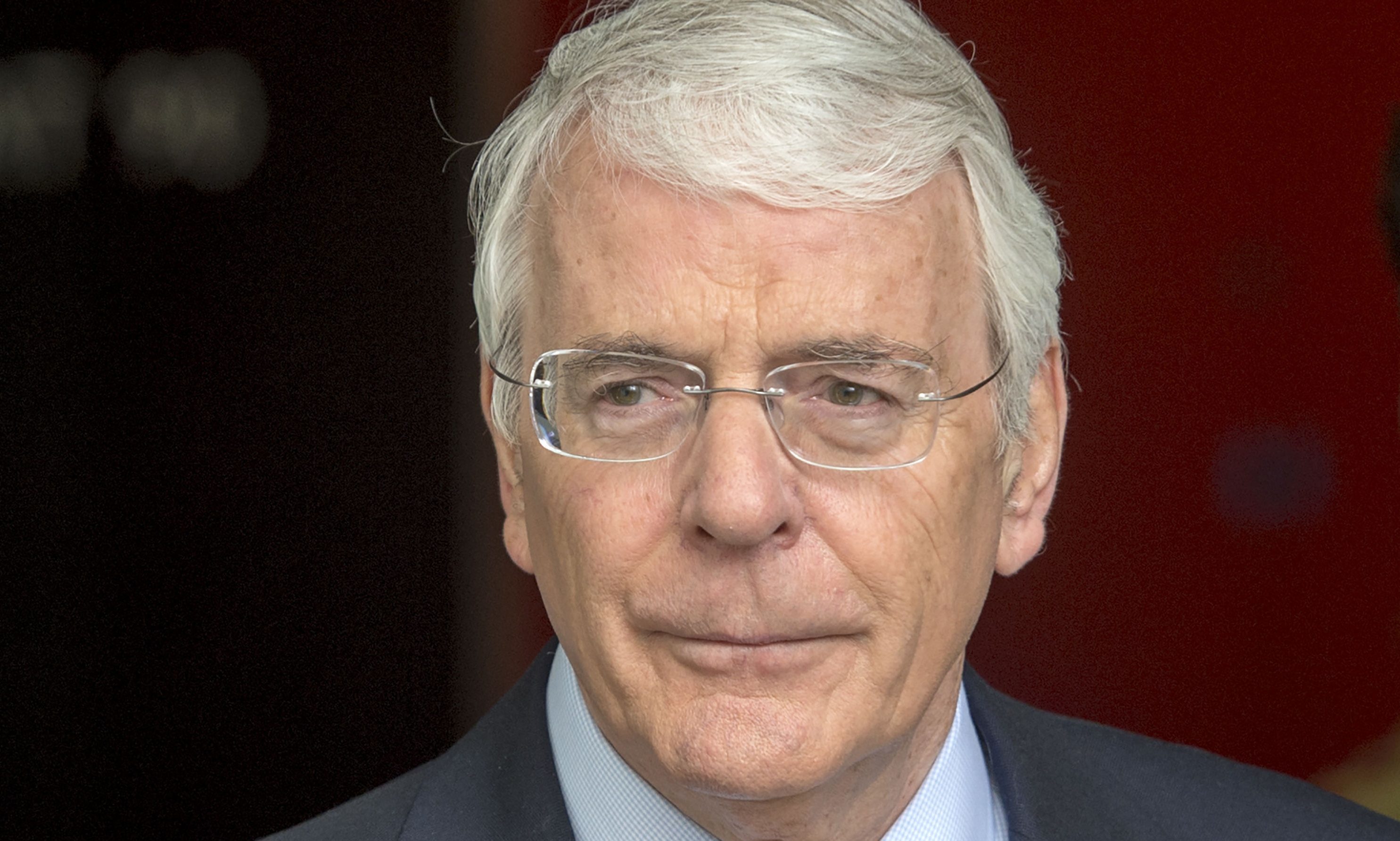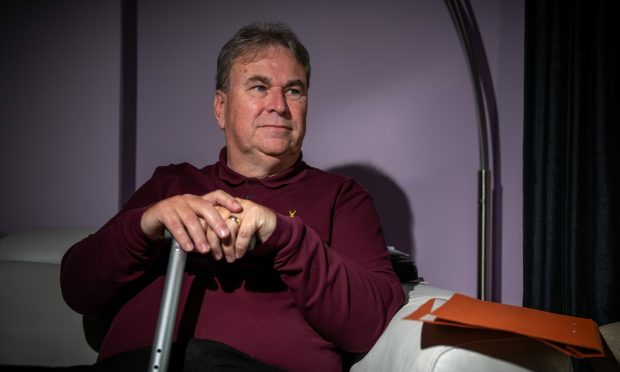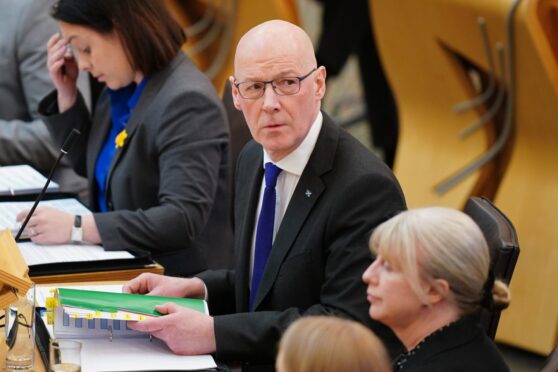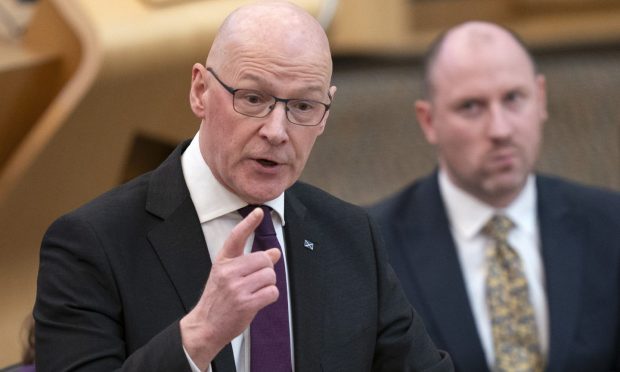Conservative ministers feared shutting Rosyth Naval Base would fuel the rise of the SNP, cabinet papers reveal.
Defence Secretary Malcolm Rifkind told colleagues to consider the impact of the closure on Scottish nationalism in a letter dated June 1994.
The SNP had just three seats in the Commons at the time and independence was a minority cause.
But the cabinet communique demonstrates the concern they had for the potential electoral force of the Nationalists under Alex Salmond.
The Tory Government decided in July 1994 to mothball the base by the Firth of the Forth as part of major defence cuts that led to the loss of an estimated 20,000 jobs across the UK.
In freshly-released correspondence to cabinet colleagues, Mr Rifkind wrote: “Probably the most difficult single proposal is the Rosyth Naval Base closure.
“Although entirely justified on its merits, this will create particular political difficulties because of last year’s controversy (over) dockyards, the current resurgence of the SNP, and the agreement in 1991 that Rosyth should be a Minor War Vessel Base.
“When the base closes there are good operational reasons for one of the two Minehunter Squadrons now situated there being transferred to Faslane on the Clyde.
“To transfer the other squadron there as well would keep a more significant Royal Naval surface fleet presence in Scotland and blunt some of the nationalist criticism.
“But it would also reduce the proposed savings and be unattractive to the Navy. It will be a matter of political judgement where the balance of the public interest lies.”
At the time of the letter the Scottish Conservatives had 11 MPs.
Fewer than three years later in the 1997 Westminster election, the Tories were wiped out in Scotland.
The SNP doubled its seat tally from the previous election to six before historically taking control of the Scottish Parliament a decade later.
The cabinet papers released on Friday include correspondence between Prime Minister John Major and one of his successors Gordon Brown, who represented Kirkcaldy and Cowdenbeath.
Mr Brown, then Shadow Chancellor, demanded a meeting with the Conservative leader in the days before the decision was announced, saying he was armed with a “new dossier” to show it would be cheaper to keep the base open.
The PM ignored his request in his response accusing the Fife MP of making “groundless claims” in public about the future of the base.










